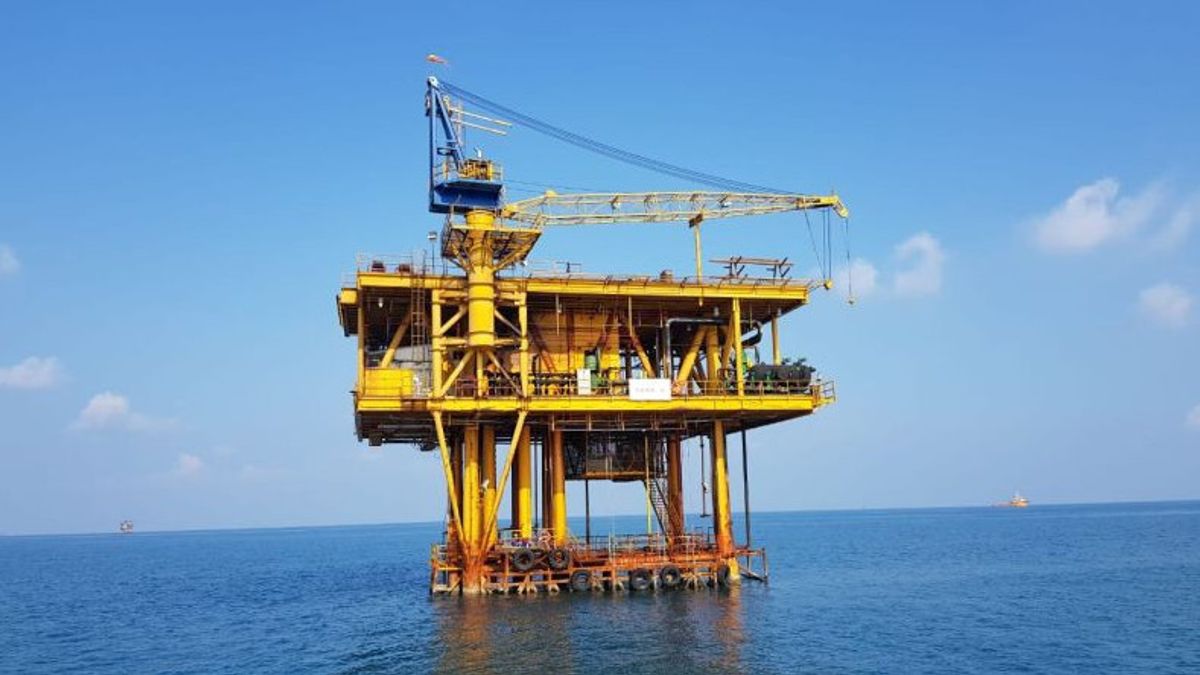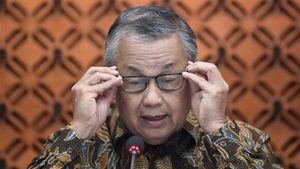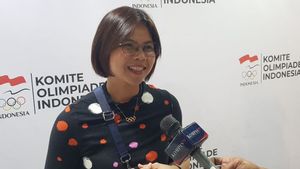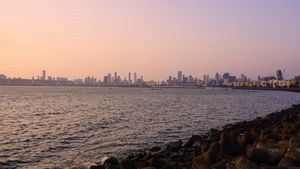JAKARTA - oil and gas practitioner Hadi Ismoyo assesses that collaboration among all stakeholders is the key in creating an upstream investment climate for oil and gas during the energy transition period.
According to him, with the high demand for oil and gas, collaboration in order to create an upstream oil and gas investment climate with the aim of increasing oil and gas production is important and non-negotiable.
"This collaboration is very important among all stakeholders so as not to lose momentum," Hadi said as quoted by Antara, Thursday, November 17.
According to Hadi, one of the collaborative containers includes the 3rd International Convention on Indonesian Upstream Oil and Gas 2022 (IOG 2022).
He said the IOG convention must be used by Indonesian oil and gas business actors to collaborate to produce a concrete new idea or idea to implement.
"Making concrete regulations in the form of candy or kepmen which can be followed up immediately to increase production," he said.
Furthermore, forming a sharp organization capacity at the SKK Migas and KKKS levels to work on and monitor all concrete steps to increase production with its time line, budget, and resouces mapping.
The IOG 2022 event will present three major concepts, namely Economic Recovery, Energy Security, and Energy Transition, which are in line with sustainable government programs.
With the participant target reaching 10,000 online participants and 1,000 offline participants, as well as more than 120 speakers, the 2022 IOG is an effort to achieve the oil production target of one million barrels per day and 12 BSCFD of gas by 2030.
Hadi added that the revision of the Oil and Gas Law is very important to be immediately discussed and published in order to achieve the oil and gas production target by 2030.
Meanwhile, Secretary General of the National Energy Council (DEN) Djoko Siswanto assessed that oil and gas is still dominant in meeting energy needs according to the National Energy General Plan (RUEN) and the National Energy Policy (KEN).
Until now, the EBT mix is still around 12 percent, while in 2025 the target is 23 percent and if the EBT is not ready, then oil and gas is still needed.
"Especially for the transition, we are still using transportation fuel and others, so oil and gas production is still needed to reduce imports and meet our refineries," he said.
According to Djoko, to anticipate environmental issues from the use of fossil energy, technology must be used to suppress the resulting emissions.
Energy Watch Executive Director Mamit Setiawan assesses that there are several keys to increasing upstream oil and gas investment climate arousal such as improving fiscal policy, profit sharing, oil and gas data disclosure, licensing issues, energy transition issues, and most importantly legal certainty.
"This is actually the core of the problem of oil and gas investment in Indonesia, namely the revision of the Oil and Gas Law which has not been completed. In fact, if the problem can be included in the revision of the Oil and Gas Law, it can be very attractive to investors, including the position of SKK Migas in the future," he explained.
According to him, the IOG convention could be one of the efforts to attract investors. The IOG is expected to produce conclusions that can convince the government, what points need to be improved, including fiscal facilities, permits, and others to invite oil and gas investment.
"The IOG must be able to media media media between the interests of the government and employers and be able to provide recommendations to the government," said Mamit.
The English, Chinese, Japanese, Arabic, and French versions are automatically generated by the AI. So there may still be inaccuracies in translating, please always see Indonesian as our main language. (system supported by DigitalSiber.id)













